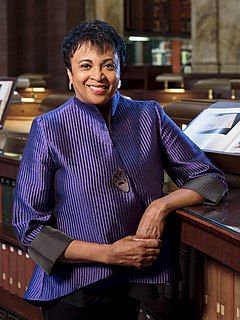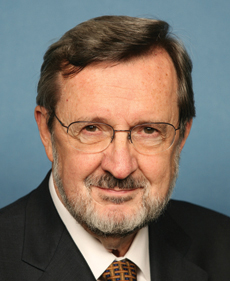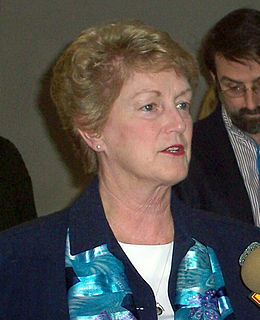A Quote by Carla Hayden
Health information is just about the number one thing that people go into public libraries and connect to public libraries for. They're also looking for information about things that can make their lives better. It's a great equalizer.
Related Quotes
We like to say the Internet is the ultimate library. But libraries are libraries because people come together and fund them through taxes. Libraries actually exist, all over the country, so why is it such a reach to imagine and to someday build a public institution that has a digital aspect to it? Of course the problem is that libraries and other public services are being defunded and are under attack, so there's a bigger progressive struggle this plays into.
Children know that if they have a question about the world, the library is the place to find the answer. And someone will always be there to help them find the answer-our librarians. (A librarian's) job is an important one. Our nation runs on the fuel of information and imagination that libraries provide. And they are in charge of collecting and sharing this information in a helpful way. Librarians inform the public, and by doing so, they strengthen our great democracy.
NC LIVE has the potential to give citizens across North Carolina immediate access to the rich array of information resources housed by the libraries on UNC's 16 campuses. It will allow unprecedented collaboration and sharing of resources among sister UNC institutions, the community colleges, and the state's public libraries.
Libraries are at a cultural crossroads. Some proffer that libraries as we know them may go away altogether, ironic victims of the information age where Google has subverted Dewey decimal and researchers can access anything on a handheld device. Who needs to venture deep into the stacks when answers are but a click away?
I claim that this bookless library is a dream, a hallucination of on-line addicts; network neophytes, and library-automation insiders...Instead, I suspect computers will deviously chew away at libraries from the inside. They'll eat up book budgets and require librarians that are more comfortable with computers than with children and scholars. Libraries will become adept at supplying the public with fast, low-quality information. The result won't be a library without books--it'll be a library without value.































